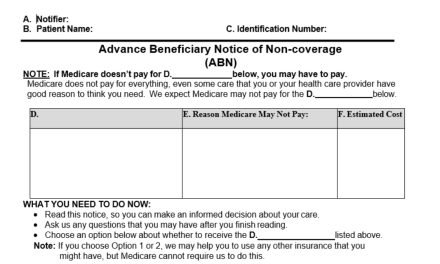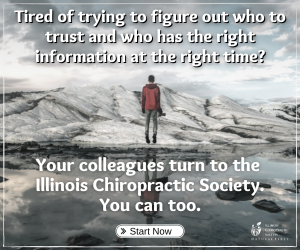
Illinois Takes Steps Against Opioid and Heroin Epidemic

Although 2015 has more than its fair share of political and legislative struggles, one of the more positive outcomes has been the legislature’s comprehensive package designed to address heroin and opioid abuse and addiction in Illinois. House Bill 1 was prompted by a concern for the ever increasing number of heroin and prescription narcotic related deaths in Illinois. Many pointed to the practice of “doctor shopping” wherein a patient would see multiple doctors and multiple pharmacies in order to get repeated prescriptions for opioids. Opioid abuse has been shown to be the most common path to the destructive world of heroin use.
Representative Lou Lang, from Skokie IL, shouldered much of the responsibility for making this a bi-partisan bill that was mostly agreed upon by both sides of the aisle. As chair of the Task Force on the Heroin Crisis, Representative Lang forced doctors, insurers, abuse prevention specialists and other interested parties to sit down and find a way to make this reform happen.
House Bill 1, signed into law on September 9, 2015 is Illinois’ latest step forward in the state’s attempt to address prescription drug abuse and the growing heroin epidemic. Among the law’s key provisions are:
- Tightens prescribing requirements for schedule II narcotics
- Strengthens the Prescription Monitoring Program, which will issue a report when a patient has had 3 or more prescribers or pharmacies (instead of 6 or more); mandates automatic enrollment, greater communication, a peer review subcommittee, and EHR integration
- Provides protection from negative feedback or actions against physicians who refuse to prescribe narcotics
- Increases penalties for attempting to obtain a controlled substance by misrepresentation or fraud
- Allows Pharmacists to dispense opioid antagonists
- Requires law enforcement officers and firefights to have access to and training for opioid antagonists
- Allows prescriptions to those who may be able to assist others during an opioid overdose
- Requires the Illinois EPA to establish a medication take-back program and signage posted in pharmacies
- Creates new overdose reporting requirements and insurance coverage provisions
- Increased mental health parity
- Creates drug awareness campaign.
Although recommending, prescribing and treating with prescription drugs are not within chiropractic scope, the ICS still believes strongly in supporting efforts to curb substance abuse in our state. This legislative initiative was certainly a step in a positive direction and takes a multi-faceted approach on a serious and complex matter.



















